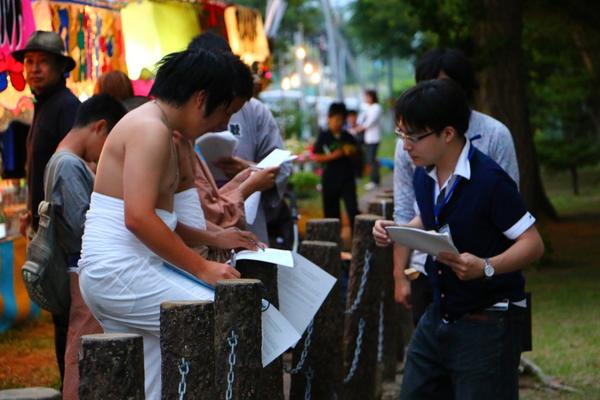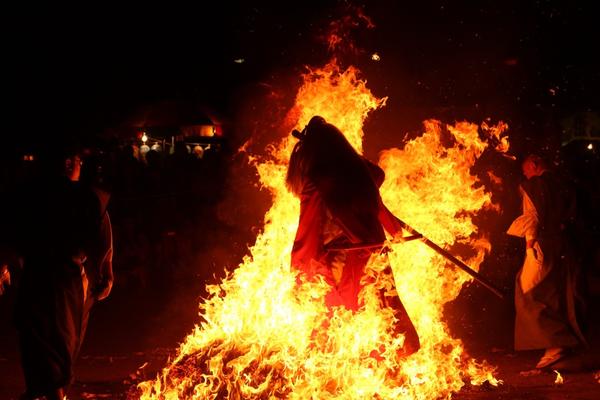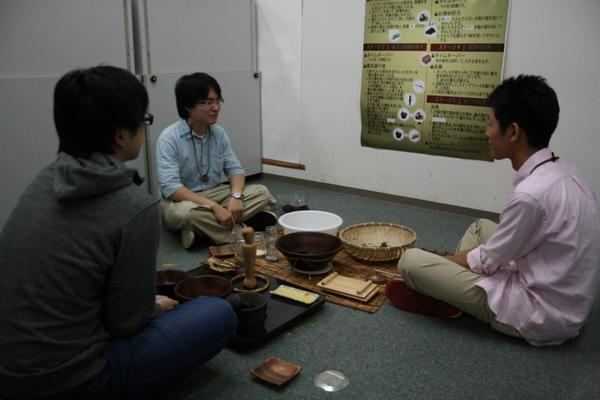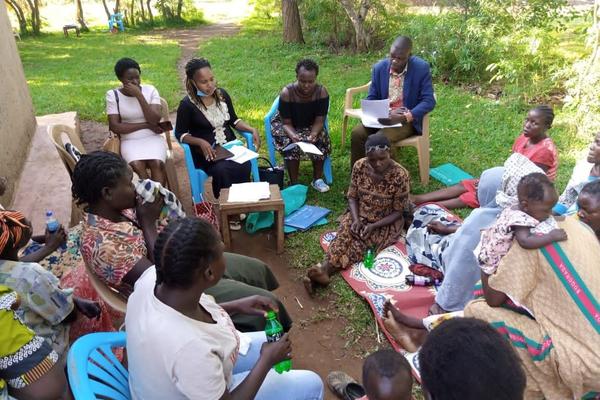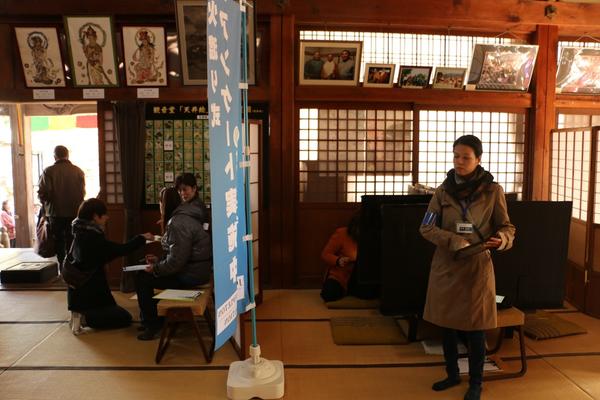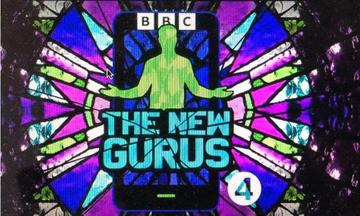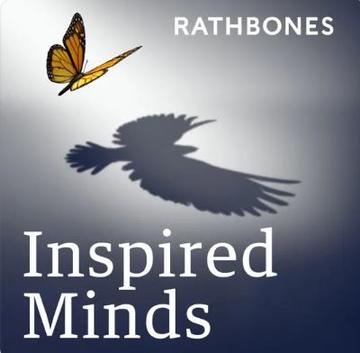The Ritual, Cohesion and Charisma Lab
The Ritual, Cohesion and Charisma Lab
The Ritual, Cohesion and Charisma Lab Group investigates the complex dynamics of group cohesion, bonding, and intergroup psychology through the lens of collective ritual experiences and the influence of charismatic gurus and leaders. Our research employs a multi-method approach, combining laboratory research, such as artificial ritual studies, field experiments, online surveys, ethnographic immersion, and large-scale cross-cultural studies to explore the psychological mechanisms underlying these phenomena.
In exploring ritual psychology, we are interested in a variety of topics including the role of collective high arousal rituals, both euphoric and dysphoric, in fostering group bonding or contributing to intergroup hostility. We also seek to examine whether specific rituals represent cross-culturally recurrent responses to collective action problems or whether intuitions about rituals and their effects on social dynamics are more culturally specific.
In parallel, we investigate the strategies employed by charismatic leaders and secular gurus to generate authority, develop followings, and build intense parasocial bonds with their communities. In particular, we are interested in examining how individual characteristics, such as narcissism, conspiratorial ideation, and persecution complexes, interact with new social media environments and broader cultural and political trends, including the rise of populist movements and growth in conspirituality (Beres et al., 2023; Ward & Voas, 2011), and rhetorical techniques, such as the liberal application of pseudo-profound bullshit (Pennycook et al., 2015).
Key Questions
Learn more about our approaches to the key questions guiding this research.
Rituals are a cross-cultural universal, found not only in religious contexts but in nearly every social domain. The role they play in fostering group bonds has long been recognized and has been a topic of interest since the early foundations of the social sciences. In recent years, researchers have sought to explore this topic systematically through empirical studies that allow theories to be tested and the psychological and cognitive factors involved to be identified.
Our research group is at the forefront of this field, particularly in investigating the effects of collective high arousal rituals on ingroup bonding and intergroup relations. We employ a diverse range of methods, including lab-based artificial rituals, field experiments, large cross-cultural surveys, and innovative socio-physiological measures. Our studies have been conducted in over 15 countries, providing a broad perspective on the universality and specificity of ritual effects.
We remain dedicated to advancing this line of research, constantly working to refine our methods and develop more robust empirical theories. By deepening our understanding of the role rituals play in group bonding, we aim to shed light on the complex dynamics of human social interaction and contribute to the growing body of knowledge in this fascinating area of study.
Secular gurus represent a modern manifestation of an ancient archetype, sharing traits with spiritual leaders but appealing to secular authority. Online platforms have allowed them to flourish and reach new audiences, fueled by populist movements and conspiratorial sentiment.
Our research group is actively exploring this phenomenon, combining quantitative and ethnographic methods to identify the key characteristics of secular gurus, such as claimed polymathic ability, self-aggrandizement, anti-establishment sentiment, conspiracy mongering, the cultivation of cult-like dynamics, deploying grievance narratives, claims of revolutionary theories and prescience, use of neologisms, pseudo-profound rhetoric, and profiteering. We are particularly interested in understanding the dynamics of the communities formed around these figures and the exploitation of parasocial bonds between gurus and their followers.
By examining these traits, the factors driving their rise, and the social dynamics at play, we aim to better understand and critically analyze the impact of secular gurus in the digital age. This emerging area of research holds significant potential for uncovering the mechanisms behind the formation and spread of guru-like movements in contemporary society.
Building upon our previous seven-country study conducted as part of the Freedom of Religious Belief Network Project (2021-2023), our research group is investigating the factors that contribute to the emergence of barrier-crossing leadership and its potential to reduce intergroup hostility in diverse religious contexts. We are exploring how shared religious experiences, group identification, and identity fusion can promote mutual understanding and respect across religious divides.
By employing multiple research methods, we aim to shed light on the key characteristics of shared experiences that foster support for barrier-crossing leadership and how these dynamics vary across different cultural and religious settings. Our goal is to inform the development of targeted interventions that harness the power of shared experiences to reduce intergroup conflict and promote intergroup and interfaith harmony. This line of research holds significant potential for advancing our understanding of the complex interplay between group identity, shared experiences, and leadership in shaping intergroup relations. Through our work, we hope to contribute evidence-based insights for policymakers and practitioners working to address the challenges of religious diversity and conflict in an increasingly interconnected world.
Events
Outputs
-
Misiak, M., Kavanagh, C., Muzzulini, B., & Whitehouse, H. (2025). Bonding through adversity: Effects of Brexit and COVID-19 lockdown on identity fusion and pro-group behavior. Political Psychology.
-
Whitehouse, H. (2024). Against interpretive exclusivism. Journal of the Royal Anthropological Institute. -
Stojanov, A., Segal, K., Halberstadt, J. & Whitehouse, H. (2024) Psychological significance of name changes: A case study of (north) Macedonia's name referendum, International Journal of Psychology, 60(1).
-
Kavanagh, C., Browne, M., Whitehouse, H. (under review) Cross-Cultural Ritual Intuitions and Collective Action: Exploring preferences in four countries, Journal of Personality and Social Psychology: Interpersonal Relations and Group Processes, [Preprint available] -
Kavanagh, C., Wibisono, S., Kapitány, R., Yustisi W., Eka Putra, I., Rufaidah, A., Whitehouse, H. (under review) Exploring the role of identity fusion and group identification in predicting parochialism amongst Indonesian Islamic groups, Social Psychology Quarterly, [Preprint available]
-
Kavanagh, C. M., Atreya, G., Klein, J., Mpyangu, C.M., Hussain, S., Njie, H., … Whitehouse, H. (under review) The Role of Barrier Crossing Leadership in the Promotion of Religious Freedom, Cross Cultural Research, [Preprint available]
-
White, C., Morales, D., Xygalatas, D., Hernu, M., Mathiassen, A., Ainsworth, A., Geraty, M., Bayindir, N., Robinson, B., & Whitehouse, H. (2024) How Shared Suffering Bonded Britons Witnessing the Queen’s Funeral, Scientific Reports, 14: 16620.
-
Turpin, H., Willard, A. K., & Whitehouse, H. (2024) American mental models of scientific versus theological prestige: a freelist analysis, Religion, Brain & Behavior, 1–12.
-
Whitehouse, H. (2023) Rethinking ritual: how rituals made our world and how they could save it, Journal of the Royal Anthropological Institute, 30(1): 115-132
-
Buhrmester, M., Cowan, M. Whitehouse, H. (2022) What Motivates Barrier-Crossing Leadership?, New England Journal of Public Policy, 34(2)
-
Buhrmester, M. D., Zeitlyn, D., & Whitehouse, H. (2022) Ritual, fusion, and conflict: The roots of agro-pastoral violence in rural Cameroon, Group Processes & Intergroup Relations, 25(1): 298-311
-
Kavanagh, C., Jong, J., Whitehouse, H. (2020) ‘Ritual and Religion as Social Technologies of Cooperation’, in L.J. Kirmayer et al. (eds.) Culture, Mind, and Brain: Emerging Concepts, Models, and Applications, Cambridge: Cambridge University Press (Current Perspectives in Social and Behavioral Sciences), 325–362
-
Kavanagh, C., Kapitány, R., Eka Putra, I., Whitehouse, H. (2020) Exploring the pathways between transformative group experiences and identity fusion, Frontiers in Psychology, 11:1172
-
Kapitány R., Kavanagh C., Whitehouse, H. (2020) Ritual Morphospace Revisited: The form, function, and factor structure of ritual practice, Philosophical Transactions of the Royal Society B, 375(1805): 20190436
-
Kavanagh, C., Jong, J. (2020) Is Japan Religious?, Journal for the Study of Religion, Nature and Culture, 14(1): 152-180
-
Kapitány, R., Kavanagh, C., Buhrmester, M. D., Newson, M., Whitehouse, H. (2020) Ritual, identity fusion, and the inauguration of President Trump: A pseudo-experiment of ritual modes theory, Self and Identity, 19(3): 293-323
- Whitehouse, H. (2025) Singapore at a crossroads: Maintaining cohesion in a changing world. The Straits Times.
-
Whitehouse, H. (2024) An anthropological guide to the elections - why we get the leaders we do. iai news
Latercera
26 July 2025
- Los tres sesgos que explican por qué sobrevivió nuestra especie y por qué podría desaparecer: "Dondequiera que vayas en el mundo, la gente comparte ideas muy similares"
El Mundo
27 February 2025
- Do you need to believe in God to be moral?
ABC Listen
15 September 2024
- Fight for your rites
IAST Magazine
08 January 2025
- Do you need to believe in God to be moral?
ABC Listen
15 September 2024
- The rise of sologamy – can you really marry yourself?
The Independent
10 August 2024
- Work to predict extreme violence amongst online users wins MRS Presidents Medal
School of Anthropology and Museum Ethnography, University of Oxford website
14 December 2023
- All in the mind: The guru playbook
ABC
5 June 2021
Robert Wright, Matthew Browne, Christopher Kavanagh | The Age of Secular Gurus | The Wright Show
Christopher Kavanagh | Religion, Rituals, Belief in Japanese Society, and WEIRD Psychology | The Dissenter
Christopher Kavanagh | Criticism & Online Gurus | Rebel Wisdom
Christopher Kavanagh | The rise of secular gurus in an age of conspiracy theories | The Institute of Contemporary Asian Studies | Temple University, Japan Campus
Harvey Whitehouse | Rituals as Social Glue | The Ritual Project
Harvey Whitehouse | New Atheism, Ritual and Identity Fusion | Centre for Human Evolution, Cognition and Culture
Harvey Whitehouse | Overcoming Tribalism | Quiet Riot
Harvey Whitehouse and Brian Klaas | Surprise Gift: How Inherited Generational Traits Underpin Our Societies | Intelligence Squared
Harvey Whitehouse | Inheritance | Rathbones Inspired Minds
Matthew Browne, Chris Kavanagh | Decoding the gurus | Trust Me Podcast
Matthew Browne, Chris Kavanagh | The Guru Playbook | All in the mind | ABC
Chris Kavanagh | Gigachads and Sigma Wolves | New Gurus | BBC


